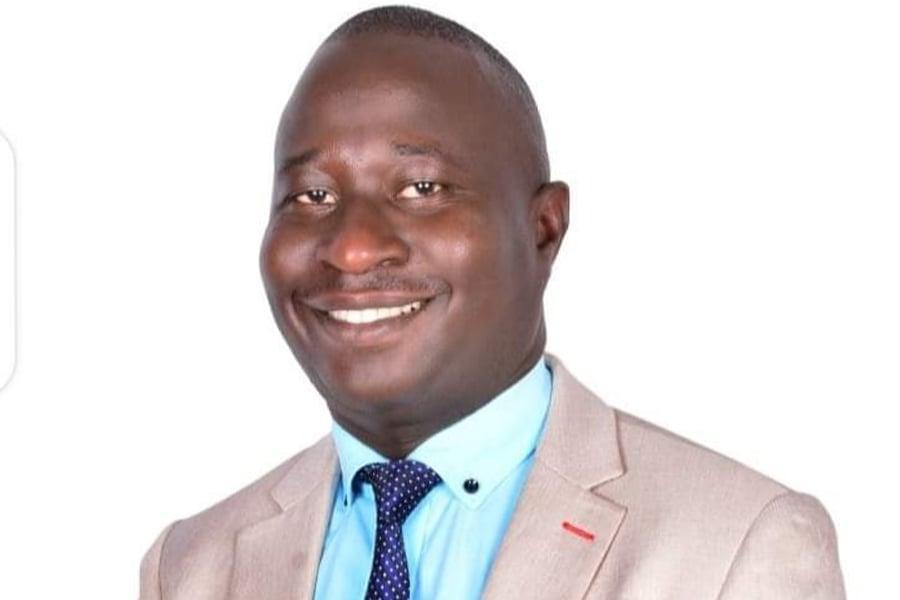By Mike Ssegawa
Africa-Press – Uganda. A remark by Sheikh Prince Kassim Nakibinge, referring to Microfinance Minister Haruna Kasolo as “Caesar’s minister” during prayers at Kibuli on July 31, 2025, has been misread in some political circles. But beneath the surface of this phrase lies a well-considered biblical reference—far from an insult, it was a diplomatic acknowledgment of the relationship between spiritual and temporal leadership in Uganda.
During the celebration marking Kabaka Ronald Muwenda Mutebi II’s 32 years on the throne, Minister Kasolo was present in his official capacity representing the central government. Prince Nakibinge’s invocation of the phrase “Caesar’s minister” drew on the biblical passage from Matthew 22:21—“Render unto Caesar what is Caesar’s, and unto God what is God’s.”
In context, Jesus used this teaching to illustrate a dual responsibility: respect for civic authority and loyalty to divine guidance. Far from denigrating secular power, it was a call to balance.
It is this balance that Nakibinge, a highly educated royal and Muslim leader with an MBA and PhD, was highlighting. His use of the phrase signaled recognition of Kasolo’s role in the government (“Caesar”) while simultaneously honouring the Kabaka’s spiritual and cultural authority.
Rather than mocking the minister, the remark was a sophisticated, if symbolic, affirmation of the dual structures of leadership that govern Uganda—traditional and state.
Unfortunately, a recent commentary by veteran actor and Salt TV presenter Charles James Senkubuge has injected controversy into the interpretation. Senkubuge, a revered figure in Uganda’s theatre and media spaces, suggested the phrase might have been a subtle dig at both Minister Kasolo and President Yoweri Museveni.
While his commentary likely aimed to stir public interest and provoke dialogue, it risked shifting attention away from the core message of unity embedded in Nakibinge’s speech.
Senkubuge’s artistic career, from iconic stage performances like Akakomo to his political ambitions as a former Lord Mayor aspirant, has long involved bold expression. But with influence comes responsibility. In a time when Uganda needs dialogue over division, his platform would better serve as a bridge for interpretation, not a catalyst for misunderstanding.
Cultural commentary benefits from context, and in this case, a more nuanced reading would have revealed that Nakibinge was reinforcing harmony, not triggering conflict.
Crucially, Minister Kasolo himself showed no signs of offence. On the contrary, his speech at Kibuli was one of unity, reflecting on the restoration of traditional kingdoms by the NRM government in 1993.
He emphasized the peaceful co-existence between President Museveni and Kabaka Mutebi as a model of mutual respect and state-building. In Kasolo’s words, this period calls for “gratitude to God for the wisdom of leaders”—not suspicion over symbolic expressions.
The grace with which Kasolo responded shows political maturity and a deep understanding of Uganda’s history. His presence, far from being diminished by Nakibinge’s comment, was elevated by it. It framed his role within the structure of state governance, just as Nakibinge and the Kabaka’s leadership embody spiritual and cultural authority.
This moment, instead of fuelling unnecessary speculation, should be seen as an example of the balance Uganda has achieved between secular and traditional institutions. The phrase “Caesar’s minister” should not be weaponized. It should be embraced as part of a larger national dialogue about respectful coexistence among Uganda’s diverse leadership frameworks.
In that spirit, Charles James Senkubuge, with his voice and reach, can play a valuable role in cooling the temperature and deepening public understanding. His commentary can evolve into an opportunity—one that educates rather than inflames, that unites rather than divides.
As Uganda prepares for future challenges, including the 2026 general elections, the nation needs more moments like this—where tradition and governance intersect respectfully—and fewer distractions driven by misinterpretation.
Let us “render unto Caesar” what belongs to him, but not forget to render unto each other understanding, goodwill, and thoughtful dialogue.
Mike Ssegawa is a veteran journalist and Deputy RDC of Kassanda District.
Source: Nilepost News
For More News And Analysis About Uganda Follow Africa-Press






